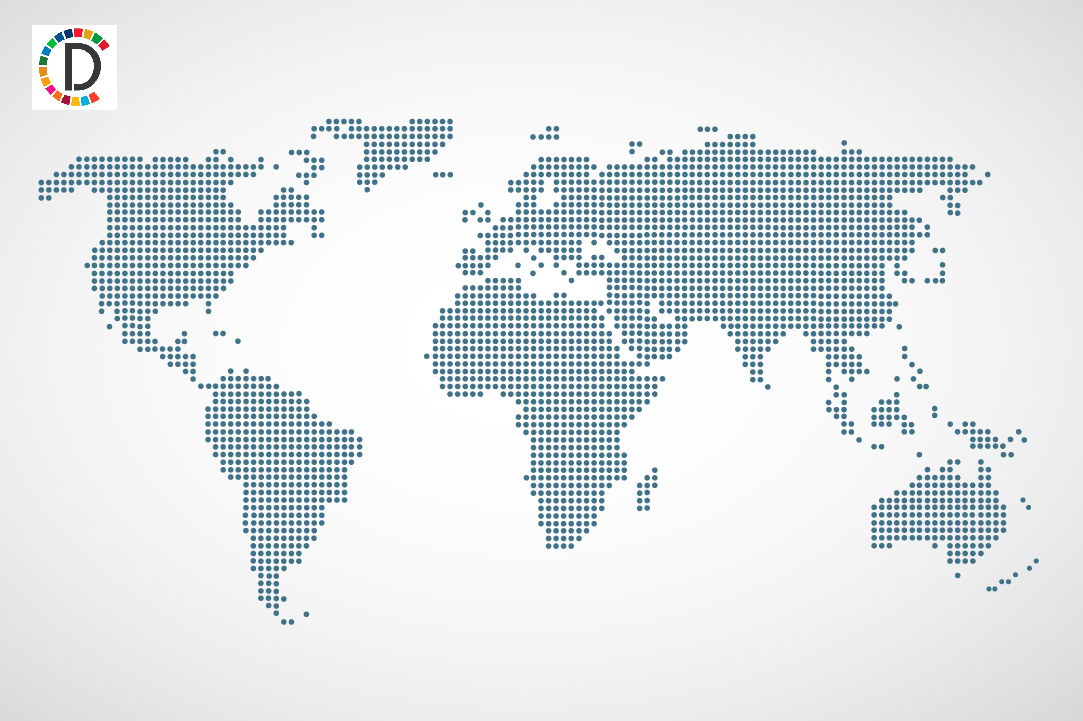Second channel opens around collapsed Baltimore bridge, but not for shipping
Recovery teams opened a second channel enabling smaller vessels to navigate the Port of Baltimore on Tuesday but most commercial shipping remains blocked by the collapsed bridge and stranded container ship that brought the structure down a week ago. A team including the U.S. Coast Guard, U.S. Army Corps of Engineers and the state of Maryland announced crews had cleared a channel with a depth of 14 feet (4.3 meters), similar to the 11-foot channel opened on the opposite side of the wreckage on Monday.

Recovery teams opened a second channel enabling smaller vessels to navigate the Port of Baltimore on Tuesday but most commercial shipping remains blocked by the collapsed bridge and stranded container ship that brought the structure down a week ago.
A team including the U.S. Coast Guard, U.S. Army Corps of Engineers and the state of Maryland announced crews had cleared a channel with a depth of 14 feet (4.3 meters), similar to the 11-foot channel opened on the opposite side of the wreckage on Monday. The main channel has been blocked since the fully loaded container ship Dali lost power and rammed into a support column of the Francis Scott Key Bridge a week ago, killing six road workers and causing the highway bridge to tumble into the Patapsco River.
The two auxiliary channels have enabled access for emergency vessels, tugs and barges, but officials said they would need to clear bridge debris before opening the main channel, which is 50 feet (15 meters) deep. Major cargo ships need a depth of at least 35 feet, Maryland Governor Wes Moore told a news conference. The Port of Baltimore ranks first in the United States for the volume it handles of autos and light trucks, farm and construction machinery, imported sugar and imported gypsum, according to the state of Maryland. Some terminal operations outside the affected area have resumed.
While much of the truss that is still standing appears intact, beneath the water lies a tangled web of steel that presents a challenge for salvage crews who will attempt to cut the wreckage into pieces and lift it out by crane, officials said. "What we're seeing in the water is that the wreckage has been completely collapsed. Some people use the term pancaked. But that's making it very difficult to even determine where to cut, how to cut," Colonel Estee Pinchasin of the U.S. Army Corps of Engineers told the same news conference.
The bodies of four victims remain trapped beneath the wreckage, officials say. Divers recovered two other bodies. President Joe Biden will visit the site on Friday, the White House said.
The Biden administration has helped secure equipment and initial emergency funding of $60 million to begin recovery, and the president has asked Congress to fund the rebuilding of the bridge, which forms part of a highway looping around Baltimore.
(This story has not been edited by Devdiscourse staff and is auto-generated from a syndicated feed.)
ALSO READ
Congress Pays Tribute to Former PM Manmohan Singh at CWC Meeting
Luminous, beloved guiding light for Congress, Manmohan Singh's compassion and vision transformed lives of millions of Indians: Sonia Gandhi.
Congress Working Committee pledges to honour Manmohan Singh's memory and carry forward his enduring legacy: Resolution.
Farewell to a Visionary: Karnataka Congress Honors Manmohan Singh
Congress Working Committee mourns loss of ''true statesman'' Manmohan Singh, whose life, work profoundly shaped destiny of India: Resolution.










